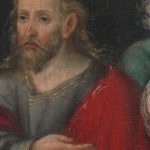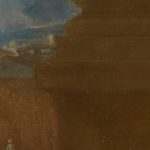
Much of society plays with and acts out caricatures of what God, working with mankind, formulates to the meaning and purpose for human life. I repeat here a major point in these Pages and that is that God has provided a useful and effective pattern of what is practical in life context on earth, even without a perception of God. Biblical values and formations are worth the attention of any people, no matter what their spiritual faith, or lack of it, may be. A careful study of the motivations and programs of nations will verify relevant assertions. In passage of years the original ideals may be modified or amended, as seen in the movement of same sex marriage from hetero-sexual… Read more






